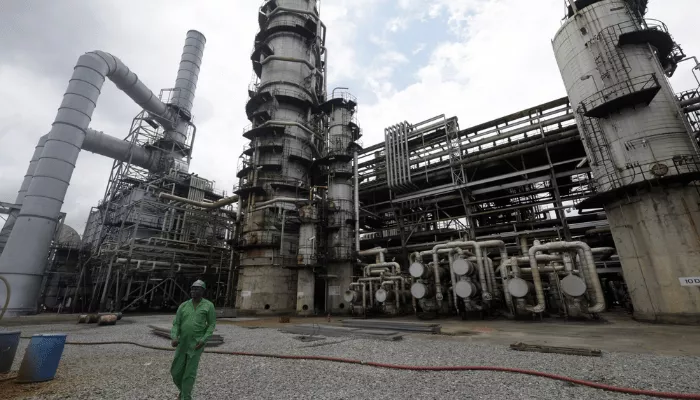
The Nigerian Midstream and Downstream Petroleum Regulatory Authority (NMDPRA) and oil marketers have announced that the prices of refined petroleum products are expected to drop further with the resumption of operations at the Warri Refining and Petrochemical Company Limited (WRPC).
Dealers in the downstream oil sector stated that increased competition among domestic refiners would drive prices down as they seek to attract buyers.
This statement followed the announcement by the Nigerian National Petroleum Company Limited (NNPCL) on Monday that the WRPC, with a capacity of 125,000 barrels per day, had restarted operations in Delta State.
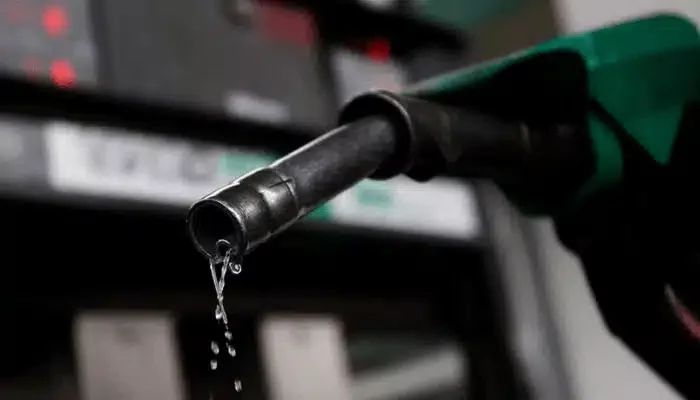
NNPCL also revealed plans to export locally refined products to international markets to generate foreign currency. This milestone comes just weeks after the old Port Harcourt Refinery, with a capacity of 60,000 barrels per day, resumed operations.
Punch Online revealed that during an inspection of the Warri refinery, NNPCL's Group Chief Executive Officer, Mele Kyari, explained that the plant was operational despite repairs not being fully completed.
The refinery is currently producing diesel, straight-run kerosene, and naphtha. President Bola Tinubu, celebrating the milestone, confirmed that the facility is operating at 60% capacity, equivalent to 75,000 barrels per day.
Kyari emphasized the significance of the refinery's revival, stating that it positions Nigeria to become a net exporter of petroleum products. He added that other components of the Warri refinery, including those for producing petrol, would soon be operational. Kyari also hinted at progress on the Kaduna refinery, which is expected to commence operations shortly.
The National Operations Controller of the Independent Petroleum Marketers Association of Nigeria (IPMAN), Mustapha Zarma, noted that the increased competition in the downstream oil sector would lead to further reductions in fuel prices. He commended the government and NNPCL for their efforts to restore refinery operations and expressed optimism about the upcoming reopening of the Kaduna refinery.
NMDPRA Chief Executive Farouk Ahmed echoed this sentiment, attributing the stability in fuel supply and absence of queues during the holiday season to the government's push for local refining. He added that new modular refineries across the country would further benefit consumers by reducing prices.
IPMAN's Abuja-Suleja Secretary, Mohammed Shuaibu, highlighted the broader economic impact of the Warri refinery's resumption, including a reduction in the demand for foreign currency to import fuel. This development, coupled with President Tinubu's directive for crude oil sales to the Dangote refinery to be conducted in naira, is expected to boost Nigeria's foreign exchange reserves.
The Warri Refinery, which underwent a $898 million rehabilitation project beginning in 2021, was originally commissioned in 1978 and later upgraded in 1987 to process 125,000 barrels per day. Its revival marks a significant step toward reducing Nigeria's reliance on costly fuel imports and achieving energy self-sufficiency.
We earlier reported that President Tinubu praised the reactivation of the refinery as a testament to his administration's commitment to increasing local refining capacity. He expressed confidence in NNPCL's ongoing efforts to restore all four of Nigeria's state-owned refineries and urged the speedy completion of repairs on the Kaduna and second Port Harcourt refineries.
With the addition of the Warri refinery and the Dangote refinery, which began operations earlier this year, Nigeria is moving closer to self-sufficiency in refined petroleum products. This progress has already led to reduced fuel prices and is expected to further enhance the country's economic and energy security.

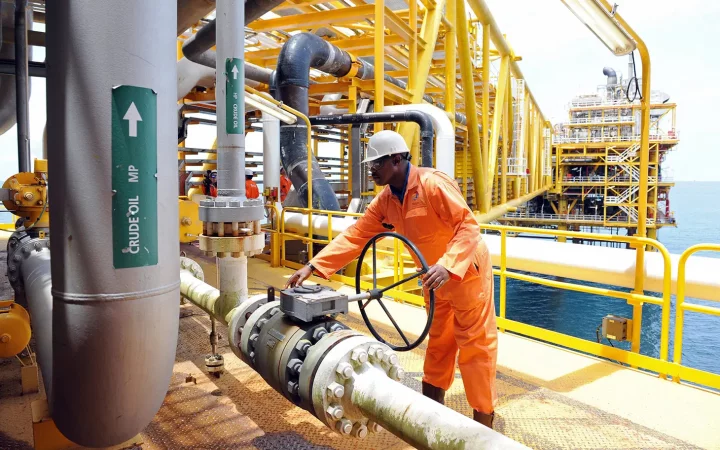
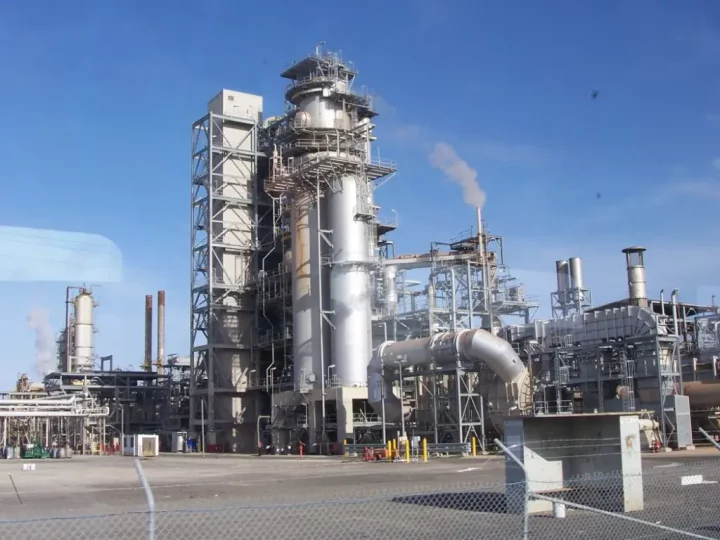
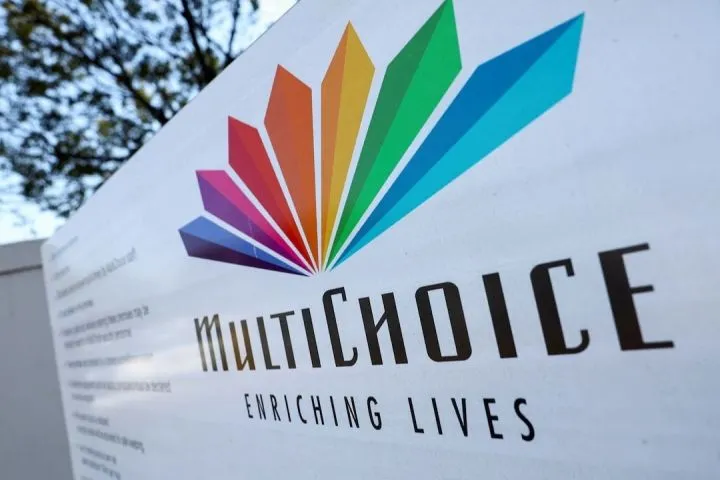
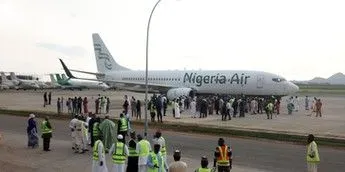
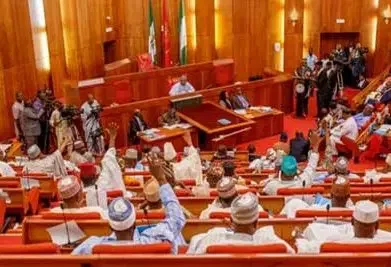


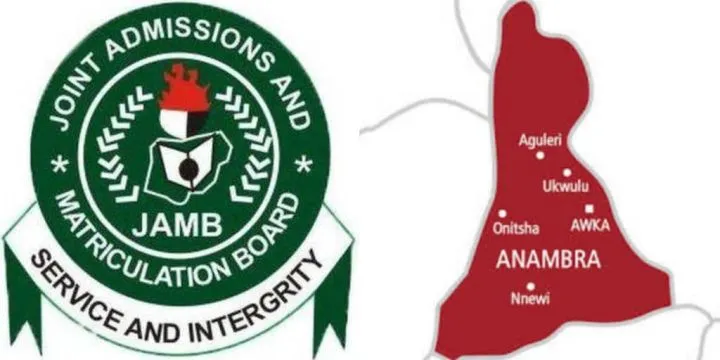









Comments